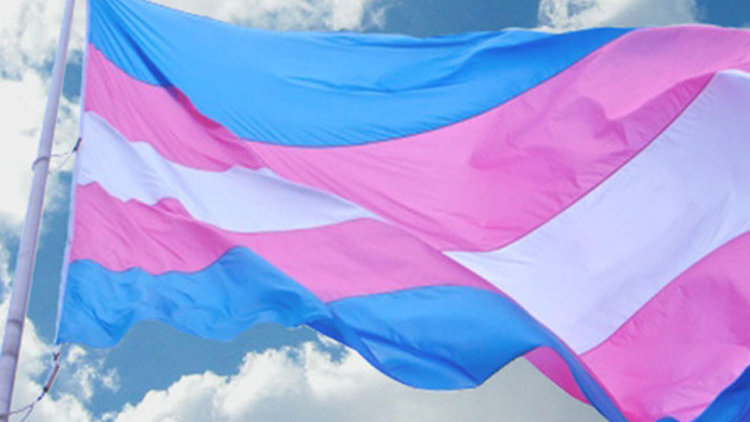The number of trans people seeking to run in next October’s elections has reached a record high in Brazil, with 76 candidacies.
That’s 44% more than in 2018, the National Association of Transvestites and Transsexuals (Antra) announced Wednesday.
On October 2, Brazilians will elect the president, members of Congress, governors, and members of the legislative assemblies of all 27 states in the country – positions in which transgender people have been increasingly represented in recent years.

In 2022, which marks the 30th anniversary of the trans movement, elections will feature candidates who identify as non-binary for the first time.
This year, trans people and trans women will again account for the most votes with 67 candidates, followed by five trans men and four non-binary candidates.
Of these, 36 will run for seats in the Chamber of Deputies – where no transgender person has ever been elected – and 40 more will run for seats in regional legislative assemblies.
Most transgender candidates (85%) belong to left-wing parties, 9.2% are from right-wing parties, and 5.3% identify with the center.
There are 67 (88%) transvestites and trans women against 52 in 2018, 5 (7%) trans men, while in 2018 there were only 1, and 4 (5%) candidates with non-binary identities.
In terms of ethnic/racial profile, the association noted two candidacies from people who identify as indigenous, 25 from people who identify as white, and 49 from people of African American descent, a similar scenario to the country’s general election landscape, where most candidates identified themselves as black – or brown – for the first time.
For Keila Simpson, president of Antra, the presence of transgender people in politics is increasing, a reflection of the “struggle” and “resistance” of this population group for increasingly participatory democracy in Brazil.
“This is the only way that politics can respond to and represent the desires of this population, which has been forgotten for so long,” she told Efe.
The association has advocated for transvestite and transgender rights for three decades and has been polling transgender and transsexual candidates for elections in the country since 2014.
Although it is the organization that conducts this type of survey, the published data is not “accurate,” as it is sometimes difficult to find the information due to the “invisibility” of gender, as not even the Superior Electoral Court, which is in charge of elections, considers genders other than male or female in its classification.
With information from EFE

